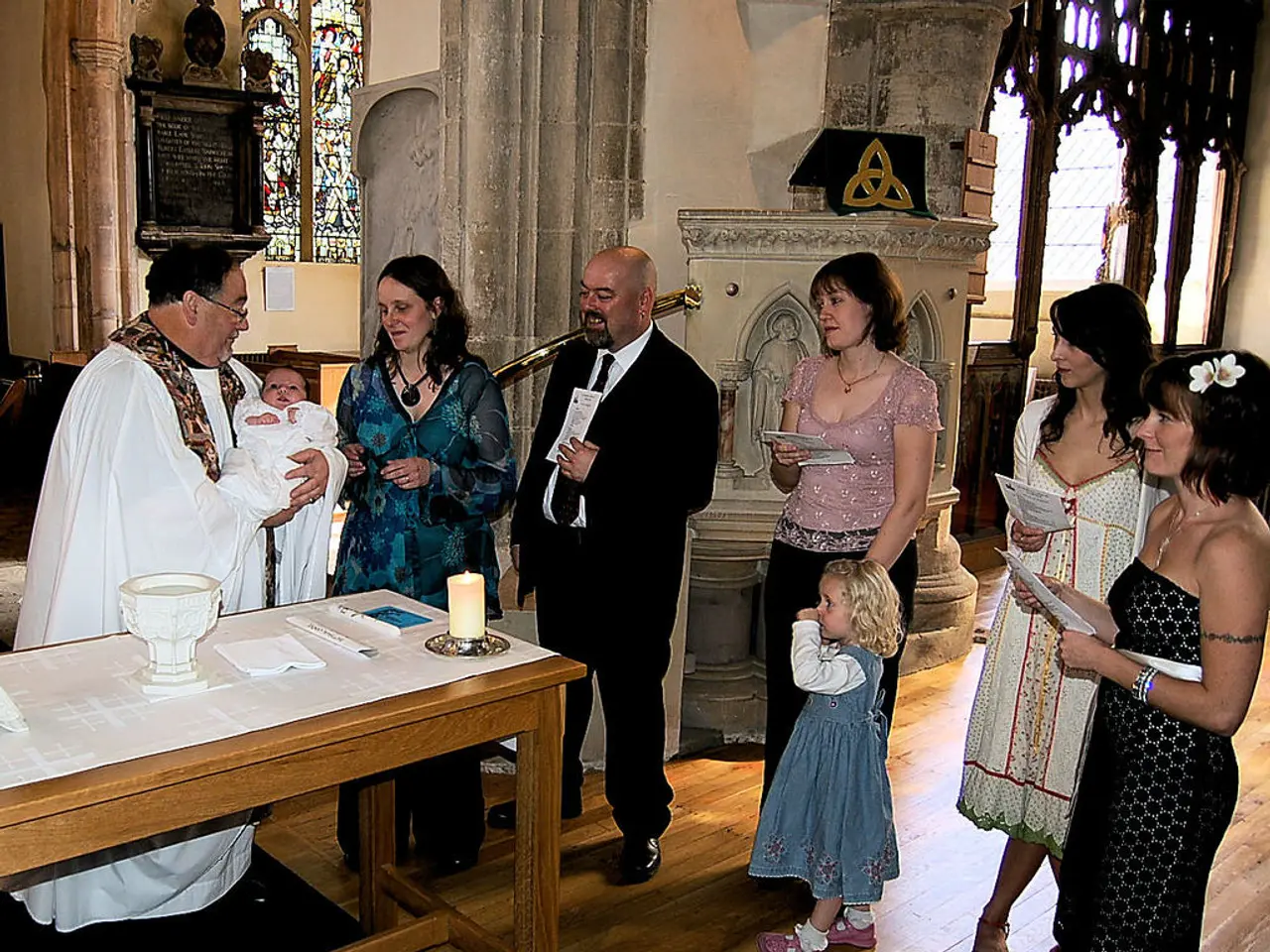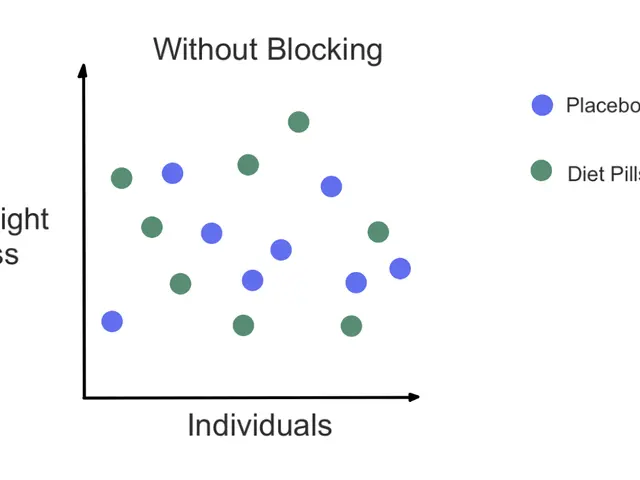Roe v. Wade Overturned: What You Need to Know
The U.S. Attorney General has never personally altered or reversed the 1973 Roe v. Wade ruling on abortion. Instead, it was the Supreme Court's 2022 Dobbs v. Jackson Women's Health Organization decision that overturned it. The abortion debate primarily revolves around when life begins and whether an embryo possesses rights.
Initially, seven Justices, including five appointed by Republican presidents, backed Roe v. Wade. Among them was Justice Harry Blackmun, who wrote the majority opinion. Blackmun's ruling used trimesters to balance maternal and fetal rights, a method still supported by many physicians today.
The recent Dobbs decision, however, reversed Roe, with four of the five justices supporting this change having Catholic backgrounds and being nominated by Republican presidents. Justice Samuel Alito, who wrote the majority opinion in Dobbs, should respect precedent and consider the consensus approach still favored by most Americans.
Roe v. Wade did not establish abortion on demand, but rather provided a balanced approach to the issue. The fertilized egg, or zygote, does not automatically assume the rights and protections of a born child. As the debate continues, it is crucial to consider the views of medical professionals and the broader consensus among Americans.







